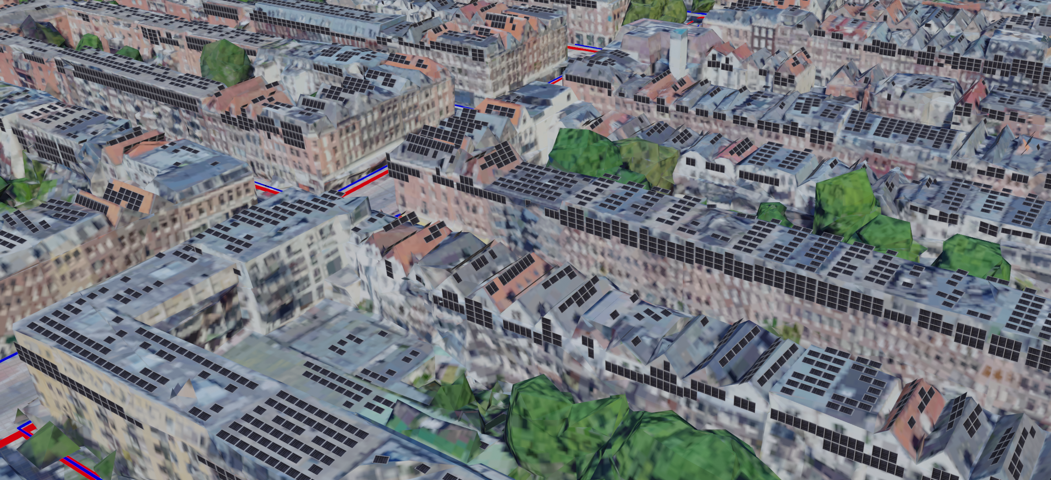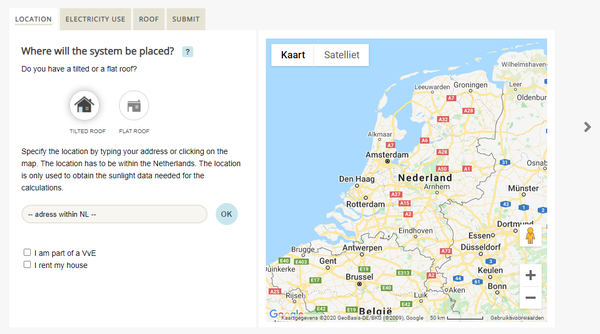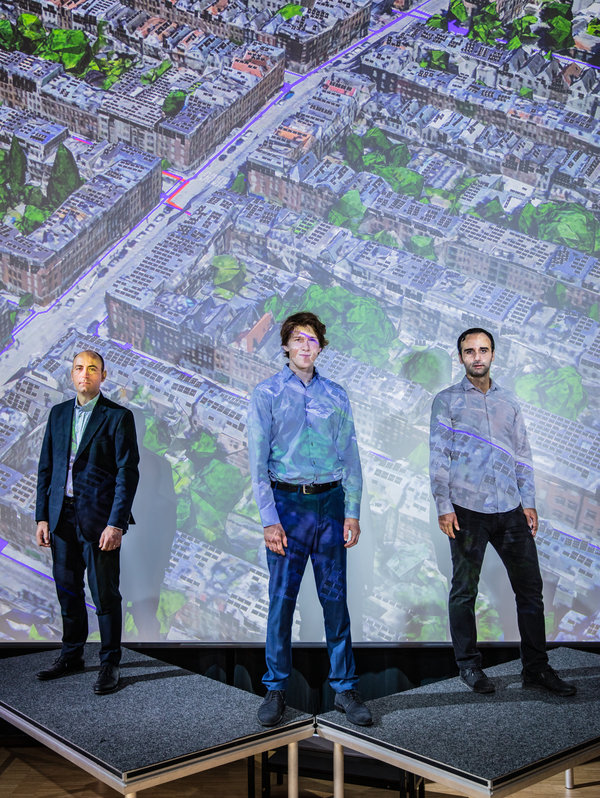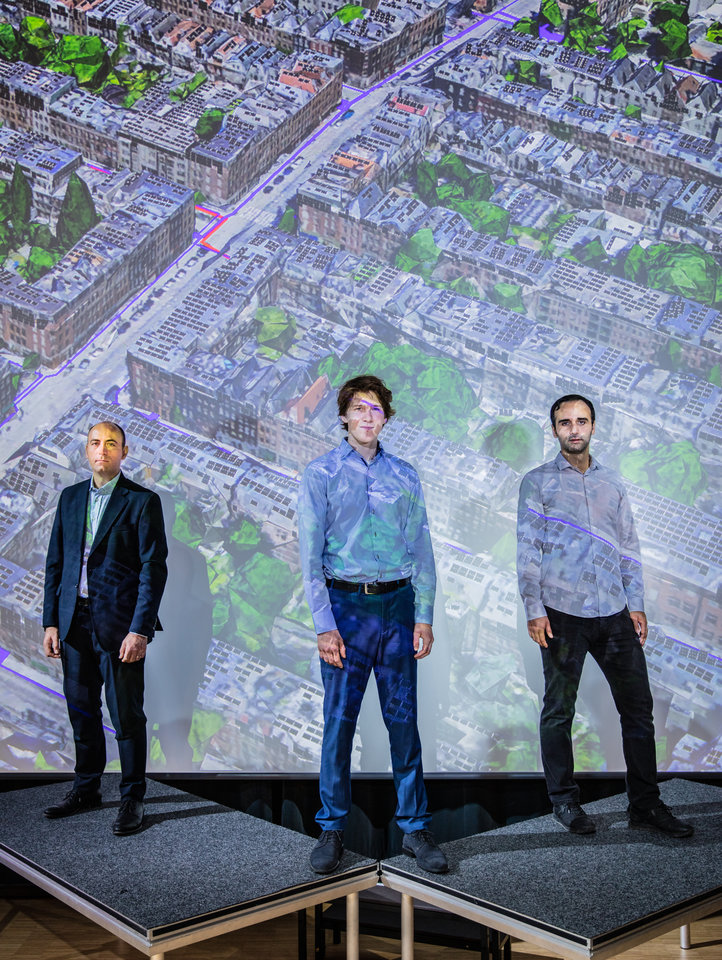TU Delft launches tool to calculate energy yield of solar panels
The installation of solar panels is one of the many ways to make the built environment more sustainable. However, the investment required to purchase and install the panels can prevent homeowners, businesses and governments from taking the risk. The energy yield of the solar panels depends on many factors, like the location and the angle in which they are installed. Therefore, researchers at TU Delft have now developed a calculation tool that can accurately calculate how long it takes to recoup the purchase of the panels.
Many people nowadays are willing to fill their roofs with solar panels to make the world a bit more sustainable. The only problem is that the purchase of panels is still an investment, with several factors influencing the payback period. Researcher Olindo Isabella and his colleagues have collected as many of those factors as possible in the Dutch PV Portal, so you can quickly make an estimate of the final cost. Isabella: “It is important to make the built environment sustainable as soon as possible, but we can see that the uncertainty prevents people from investing in solar panels. With this tool we hope to remove some of that uncertainty and ensure that more people switch to solar energy.” Not only homeowners can use the tool, companies, municipalities and provinces can also calculate the financial consequences of installing solar panels.
Weather stations and pitched roofs
Among other things, the tool uses the location, local weather data, roof slope, available area and average power consumption to calculate the energy yield. The location and weather data are used to determine the average and current solar power in the region. The researchers work together with KNMI, which shares the data from their weather stations with TU Delft. Isabella: “Gathering this information seems simple, but it can effectively contribute to making the Netherlands more sustainable in the short term. In sunny locations, the payback time may be shorter than the standard guidelines, which may persuade people to purchase solar panels.”
The PV Portal calculates the efficiency of solar panels using the location and various other factors.
When the location is entered, the portal asks about the properties of the house or building where the panels will be installed, such as the slope of the roof and in which wind direction the house is built. These properties have a big influence on the performance of the solar panels. Isabella: "Our model can accurately predict solar production, regardless of the direction of the roof, and whether the roof is flat or tilted. Although we often hear that a south-facing roof is ideal for maximizing solar production, the reality is that solar energy can be produced at different angles and slopes. Even in less optimal set-ups, the payback time can be very short.”
The average energy consumption is then important to calculate how long it takes to recoup the panels. This can be the energy consumption of a household, but the payback period can also be calculated for companies, provinces and municipalities. For example, policymakers in a province could use the tool to calculate what a large field of solar panels would yield in terms of green energy and what the associated costs would be.
Flexible electricity grid
Installing solar panels is essential for making the built environment more sustainable, but has consequences for the electricity grid. Isabella's research group strives to use solar energy as efficiently as possible and to make the best possible use of the power of the sun. For example, Hesan Ziar and Maarten Verkou conducted research into the use of solar energy in Amsterdam, which can be read about in this story. All research into solar energy and making the electricity grid more sustainable comes together in the ESP lab that is now being realized in Delft. The lab will be a testing ground where researchers can experiment with the challenges posed by the sustainable, non-continuous supply of energy.
Webinar
On Wednesday September 23rd the Urban Energy Institute will host a webinar where Olindo Isabella, Hesan Ziar and Maarten Verkou will speak about Solar Urban and will share their vision on the use of solar energy. Subscribe via this link.
Contact
Dr. Olindo Isabella, +31 15 27 81947, O.Isabella@tudelft.nl
Dimmy van Ruiten, science communication advisor, +31 15 27 81588, D.M.vanRuiten@tudelft.nl




